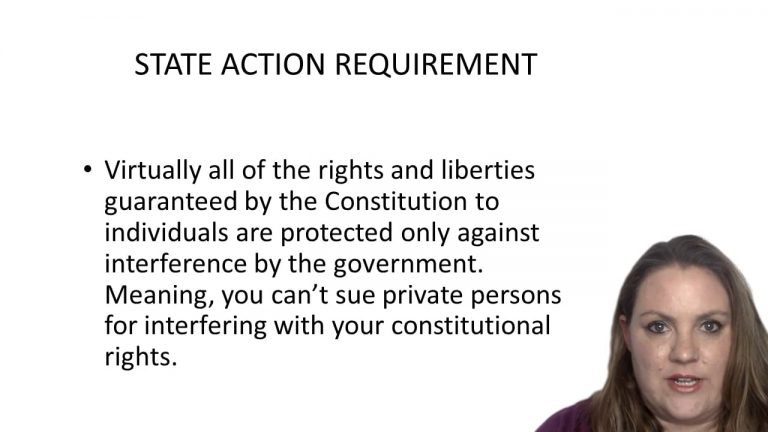SmartBrief
Confirm favorite deletion?
Constitutional Law Keyed to Shanor
Shelley v. Kraemer
Citation:
334 U.S. 1 (1948)
ProfessorTodd Berman
CaseCast™ – "What you need to know"
Facts
One August, 1945, pursuant to a contract of sale, petitioners Shelley, who are Negroes, for valuable consideration received from one Fitzgerald a warranty deed to the parcel in question. The trial court found that petitioners had no actual knowledge of the restrictive agreement at the time of the purchase. On October, 1945, respondents, as owners of other property subject to the terms of the restrictive covenant, brought suit alleging that petitioners Shelley should be restrained from taking possession of the property and that judgment be entered divesting title out of petitioners Shelley and revesting title in the immediate grantor or in such other person as the court should direct. The Missouri law declares that no part of the affected property shall be occupied to any person not of the Caucasian race, it being intended to restrict the use of said property against the occupancy as owners or tenants of any portion of said property for resident or other purpose by people of the Negro or Mongolian race. Not only does the restriction seek to proscribe use and occupancy of the affected properties by members of the excluded class, but the agreement requires that title of any person who uses his property in violation of the restriction shall be divested.
Only StudyBuddy Pro offers the complete Case Brief Anatomy*
Access the most important case brief elements for optimal case understanding.
*Case Brief Anatomy includes: Brief Prologue, Complete Case Brief, Brief Epilogue
- The Brief Prologue provides necessary case brief introductory information and includes:
Topic:
Identifies the topic of law and where this case fits within your course outline.Parties:
Identifies the cast of characters involved in the case.Procedural Posture & History:
Shares the case history with how lower courts have ruled on the matter.Case Key Terms, Acts, Doctrines, etc.:
A case specific Legal Term Dictionary.Case Doctrines, Acts, Statutes, Amendments and Treatises:
Identifies and Defines Legal Authority used in this case.
- The Case Brief is the complete case summarized and authored in the traditional Law School I.R.A.C. format. The Pro case brief includes:
Brief Facts:
A Synopsis of the Facts of the case.Rule of Law:
Identifies the Legal Principle the Court used in deciding the case.Facts:
What are the factual circumstances that gave rise to the civil or criminal case? What is the relationship of the Parties that are involved in the case.Issue(s):
Lists the Questions of Law that are raised by the Facts of the case.Holding:
Shares the Court's answer to the legal questions raised in the issue.Concurring / Dissenting Opinions:
Includes valuable concurring or dissenting opinions and their key points.Reasoning and Analysis:
Identifies the chain of argument(s) which led the judges to rule as they did.
- The Brief Prologue closes the case brief with important forward-looking discussion and includes:
Policy:
Identifies the Policy if any that has been established by the case.Court Direction:
Shares where the Court went from here for this case.
Topic Resources
Topic Outline
Topic Refresher Course
Topic Charts & Notes

 8m 59s
8m 59s